
Free People is an American bohemian fashion retailer founded in 1984 in Philadelphia, Pennsylvania, United States, by Richard Hayne. The multinational clothing-retail company creates fast fashion for women.
Free People makes clothing, accessories, shoes, beauty, and jewelry and is a lifestyle retailer dedicated to inspiring customers through a unique combination of product, creativity, and cultural understanding.
The multinational lifestyle retail corporation Urban Outfitters, also known as URBN, owns Free People and other unique brands, such as Anthropologie, BHLDN, Terrain, Menus & Venues, and Nuuly.
Urban Outfitters operates a portfolio of global consumer brands in the United Kingdom, Spain, Denmark, France, Germany, Sweden, Portugal, Ireland, Belgium, Canada, Italy, the Netherlands, Poland, and the United Arab Emirates.
Free People is taking steps to be environmentally conscious now. It continually strives to be as eco-friendly as possible and takes sustainability efforts seriously.
The retail company aims to make a positive difference in its communities and local neighborhoods. It makes decisions with the environment and the community in mind.
Panaprium is independent and reader supported. If you buy something through our link, we may earn a commission. If you can, please support us on a monthly basis. It takes less than a minute to set up, and you will be making a big impact every single month. Thank you!
Sustainability Rating: 2/10
Rating FAQ
Category: Clothing, accessories, shoes, bags, jewelry
For: Women
Type: Basics, denim, knitwear, activewear, underwear, loungewear, swimwear, outerwear, nightwear, flats, sandals, heels, boots, sneakers
Style: Boho, vintage
Quality: Low
Price: $
Sizes: 2XS-2XL, 0-14 (US), 2-16 (UK), 32-44 (EU), 4-18 (AU)
Fabrics: Cotton, linen, hemp, ramie, jute, lyocell, modal, viscose, cupro, acetate, polyester, nylon, spandex, polyethylene, polypropylene, acrylic, neoprene, polyurethane, rubber, leather, wool, silk, down
100% Organic: No
100% Vegan: No
Ethical & Fair: No
Recycling: Yes
Producing country: Cambodia, China, Egypt, Guatemala, India, Indonesia, Mexico, Pakistan, Philippines, Taiwan, Turkey, Vietnam
Certifications: no certification
Sustainability Practices
Free People is committed to reducing the impact of its products on the environment. It makes better choices to address its sourcing and supply chain.
Free People takes a mindful approach to its work and strives for social impact and conscious choices to protect the planet. It makes decisions with social and environmental factors in mind.
Free People only uses a small proportion of organic materials such as organic cotton and hemp or recycled materials such as recycled cotton, recycled polyester, and regenerated nylon.
Most of the fabrics it uses are either natural without relevant certifications, such as cotton or linen, or synthetic petroleum-based fibers such as polyester, nylon, acrylic, and more.
Free People also uses a small amount of semi-synthetic fibers or regenerated cellulosic fabrics such as Tencel lyocell, modal, cupro, acetate, and viscose.
Tencel is an eco-friendly fiber made with wood pulp from certified sustainable forests. But only a tiny proportion of the materials used by Boohoo are environmentally friendly and sustainable.
Free People publishes a list of all its manufacturers on the corporate website of its parent organization, urbn.com. It strives to create an inclusive and welcoming environment for all employees and customers.
Free People provides very little evidence to verify their claims about their social and environmental impact. Child labor controversies involving Anthropologie occurred many times in the past.
Free People is still facing accusations of greenwashing and racial profiling in its stores. Its supply chain and retail locations have poor ethical standard records.
The 2021 Fashion Transparency Index gave Free People a score of only 16% based on how much the group discloses about its social and environmental policies, practices, and impacts.
Free People manufactures its clothes in China and many other East Asian countries, where human rights and labor law violations still happen every day.
The clothing retailer doesn't show any labor certification standard that ensures good working conditions, decent living wages, health, safety, and other crucial rights for workers in its supply chain.
Free People has a Code of Conduct that applies to all its suppliers and subcontractors. However, the retail company doesn't indicate if it conducts any audits to assess compliance and identify potential risk areas to improve the working conditions in its factories.
Free People doesn't use exotic animal skins or fur but animal hair and angora as well as leather, wool, silk, and down feathers to manufacture many of its clothing pieces.
These animal-derived materials are cruel and unethical. They also harm the environment by producing greenhouse gases and wastes. More sustainable alternatives exist.
Sustainability Goals
Free People has committed to introducing biodegradable or similar, non-single plastic packaging, making shopping bags from 100% recyclable polypropylene.
It started making gift packaging with at least 60% post-consumer recycled content and 100% post-consumer waste paper stock for all retail price tickets.
Free People is actively sourcing recycled textiles and working them into garments. It sources 79% of its direct-sourced viscose from responsible and sustainable sources.
Free People is committed to using responsibly sourced cotton in all of its direct sourced products, such as BCI, US Cotton, or recycled cotton.
The retail giant aims to source 70% of its fabrics from mills certified ZDHC Compliant and Bluesign-certified by 2023.
By 2023, 50% of its total direct-sourced raw material will be sourced responsibly, either through sustainably sourced virgin fibers or recycled sources.
Reviews And Experiences With Free People
Have you had (good) experiences with shopping at or the products of Free People? Then leave us your rating below.
What We're Up Against
Multinational corporations overproducing cheap products in the poorest countries.
Huge factories with sweatshop-like conditions underpaying workers.
Media conglomerates promoting unethical, unsustainable products.
Bad actors encouraging overconsumption through oblivious behavior.
- - - -
Thankfully, we've got our supporters, including you.
Panaprium is funded by readers like you who want to join us in our mission to make the world entirely sustainable.
If you can, please support us on a monthly basis. It takes less than a minute to set up, and you will be making a big impact every single month. Thank you.







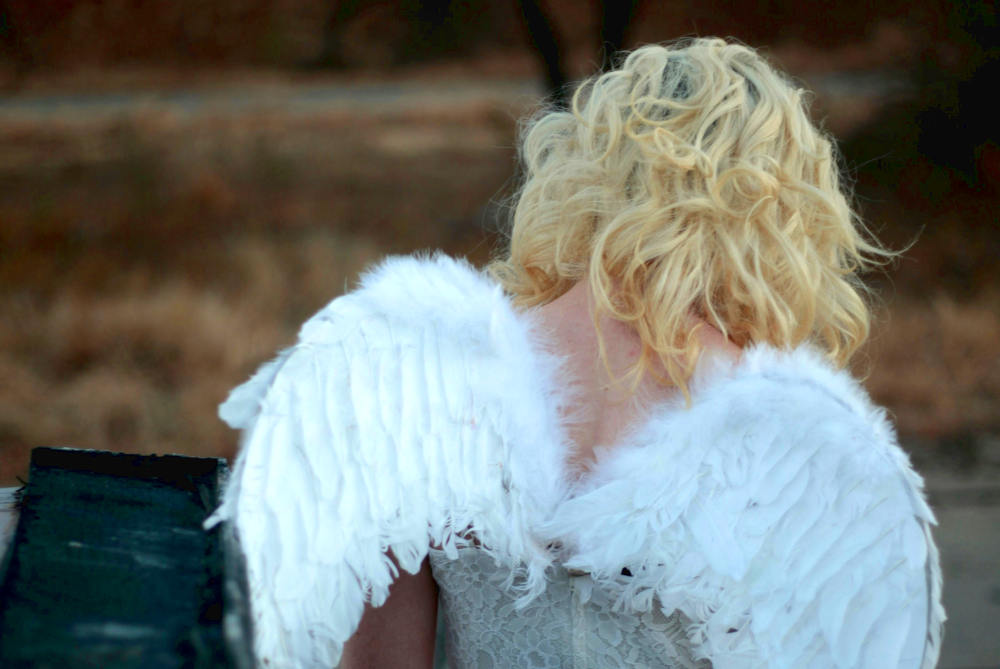
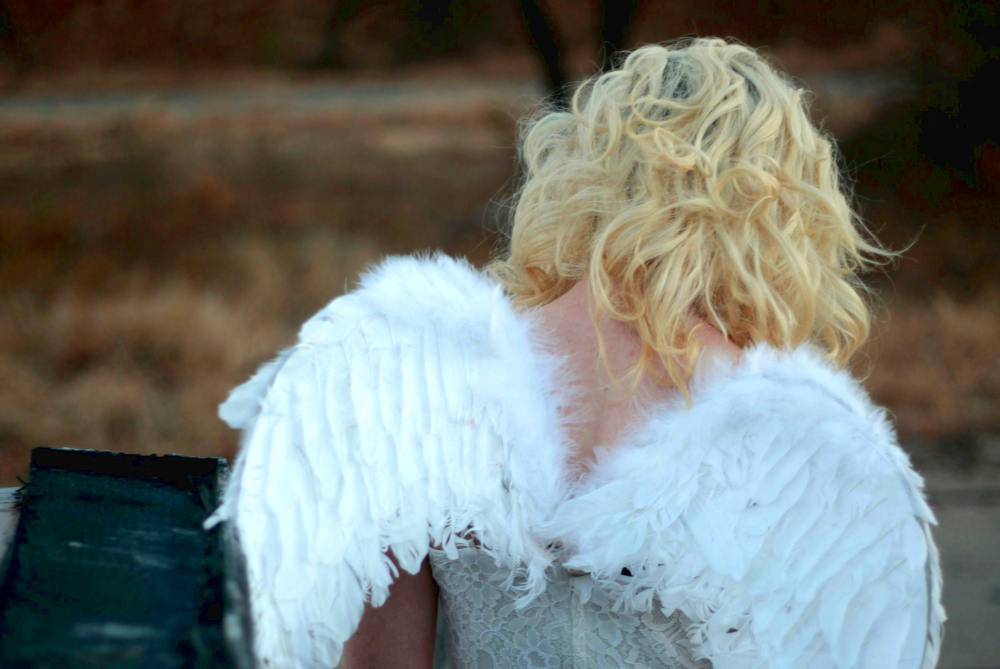
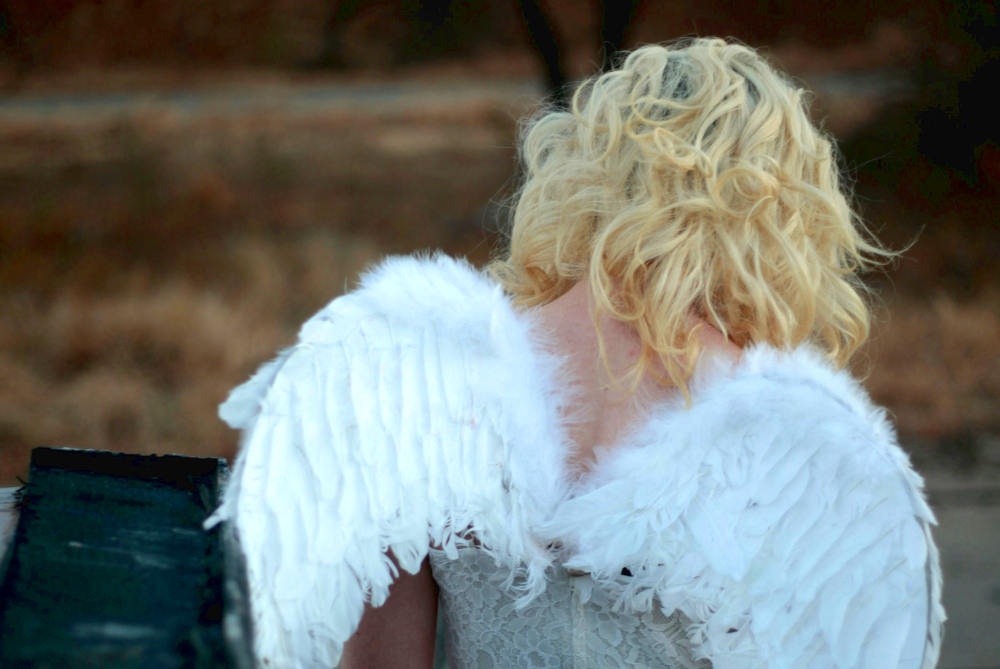
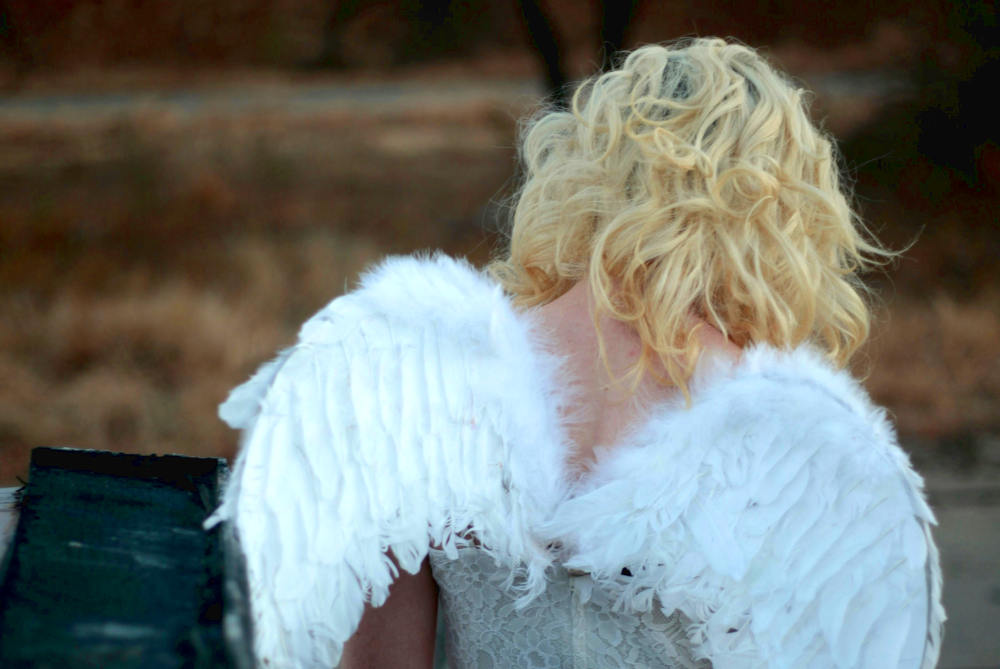















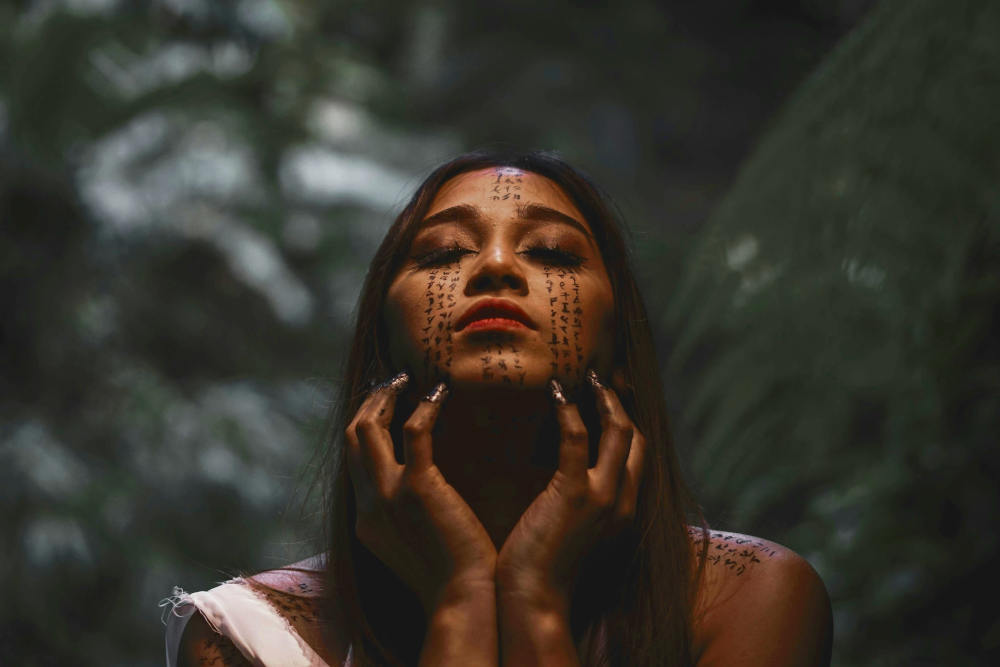
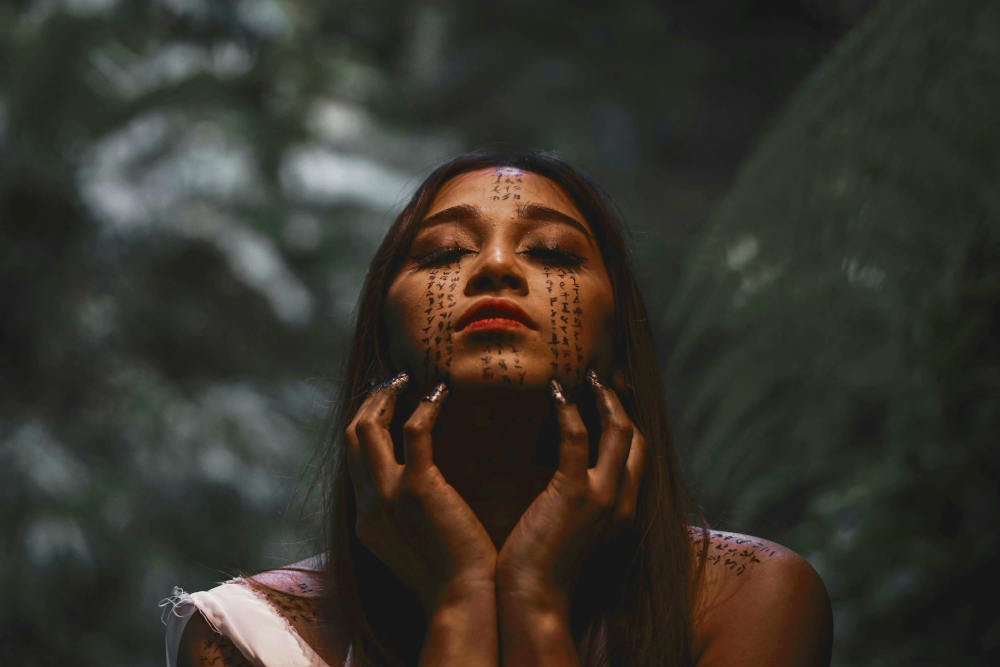
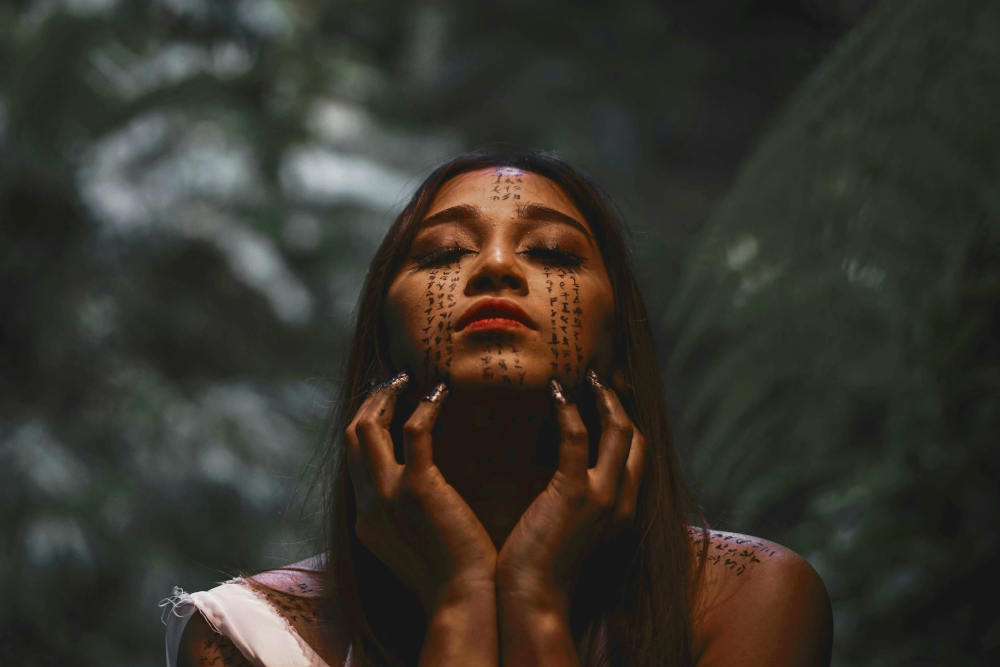

0 comments